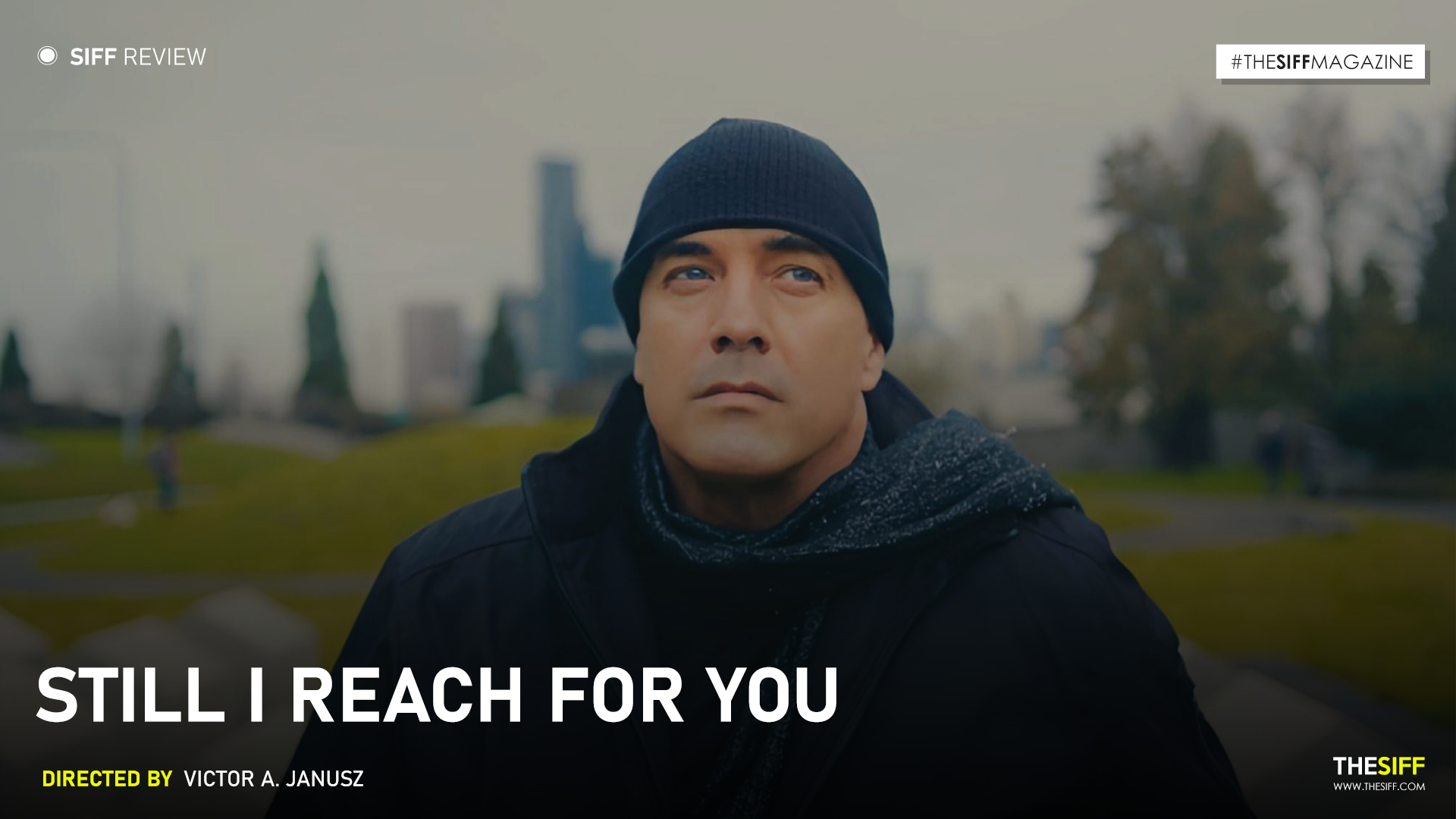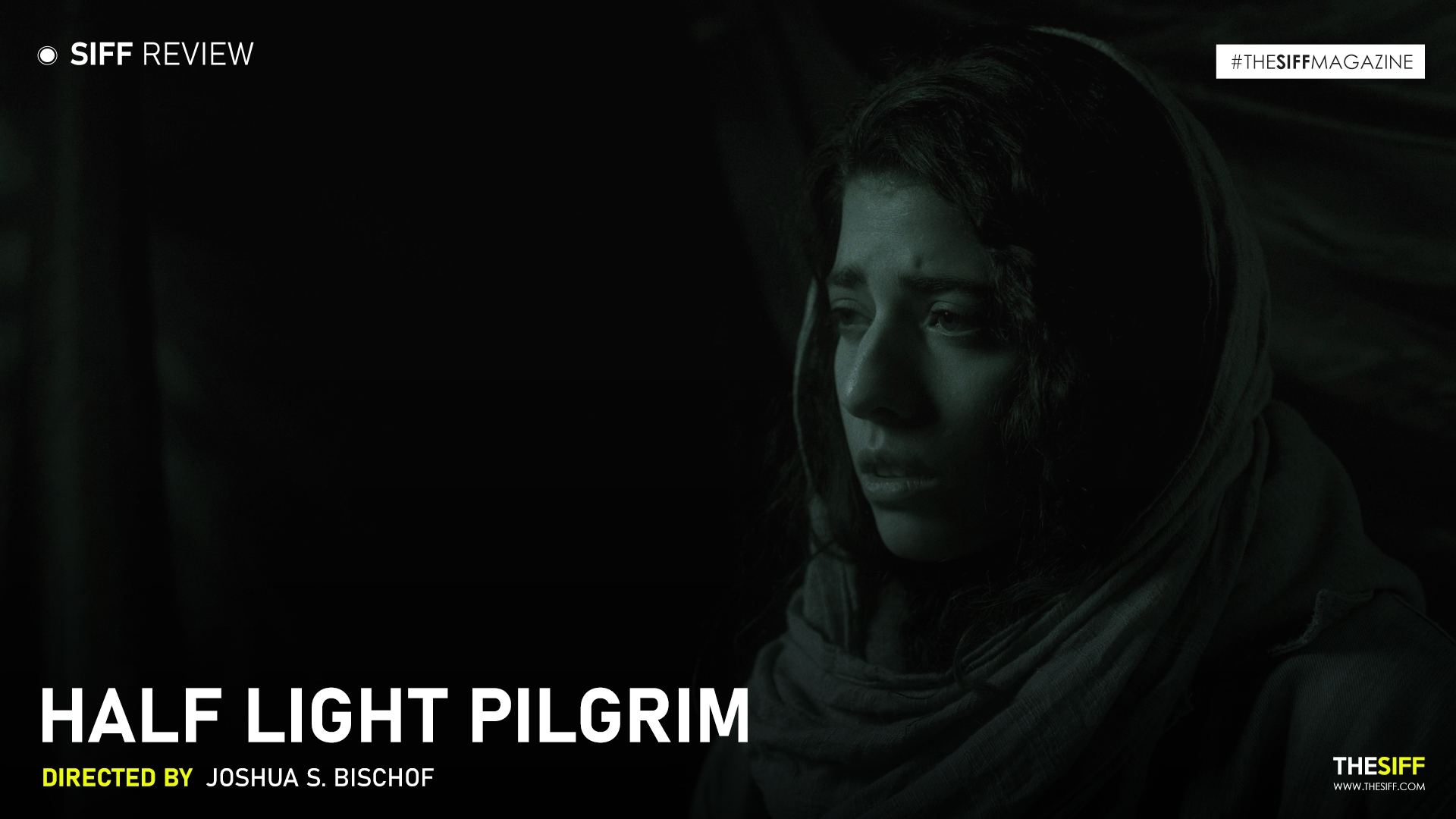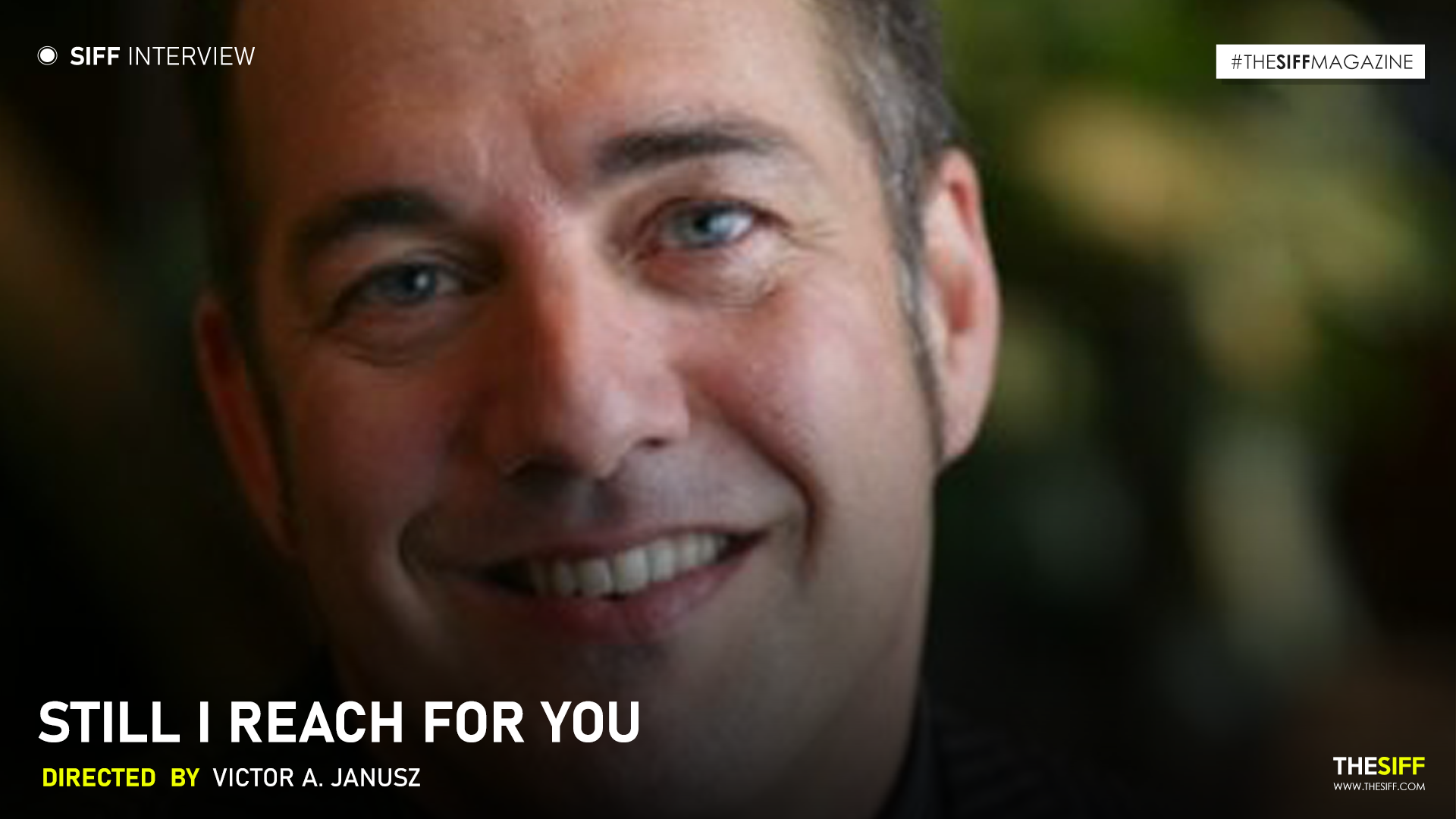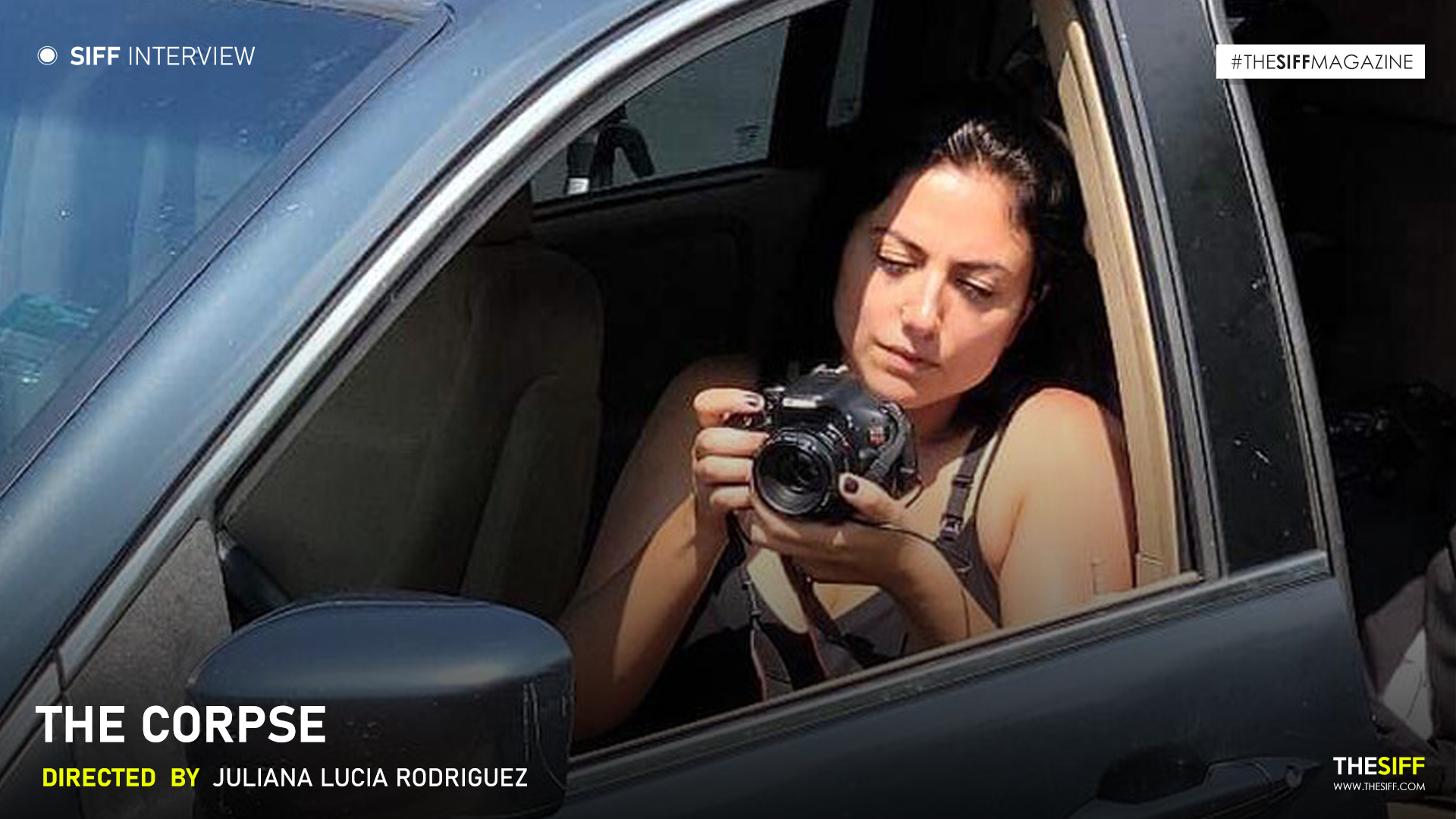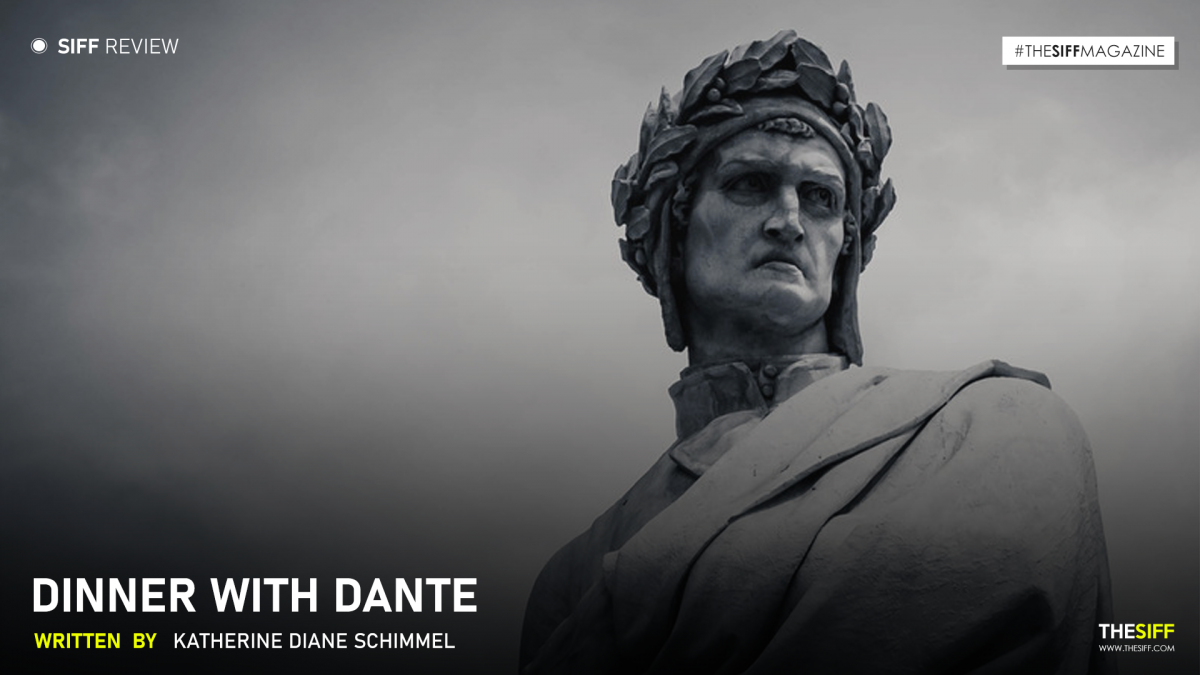
Script: Dinner with Dante
Writer : Katherine Diane Schimmel

“Friendship is unnecessary, like philosophy, like art…. It has no survival value; rather it is one of those things which give value to survival.”
― C.S. Lewis, The Four Loves
In literature and mythology, it is not uncommon to come across stories where humans befriend animals, plants, or even imaginary creatures. However, the idea of befriending an inanimate object such as a statue may seem bizarre and absurd. Yet, such a concept has been explored in several works of fiction, including the short story “The Happy Prince” by Oscar Wilde. In this script, too,we find the notion of a human becoming friends with a statue and its underlying themes and messages.
In this story, we come across a young Italian woman. We find out that she had experienced a horrific event in Florence, Italy, during WWII. Presently, she struggles to come to terms with her past through an unlikely connection she forges over a lifetime with a statue of Dante located in the Piazza di Santa Croce.
One of the primary themes that emerge from the concept of befriending a statue is the idea of loneliness and isolation. We see that our young woman is a lonely individual who finds solace in the company of a statue. She opens up to Dante and feels immensely seen and heard by a sensible listener. Even though a statue, Dante becomes a confidante for her.
Another theme that emerges from these stories is the idea of beauty and perfection. In many cases, the statues that become the focus of the protagonist’s attention are depicted as idealised figures, often with flawless features and exquisite craftsmanship. This emphasis on beauty and perfection is reflective of the values and beliefs of the societies in which these stories were written.
Another very crucial part of this story is scars! Scars are physical reminders of wounds that have healed, and they can serve as a testament to one’s resilience and strength. However, scars are not always visible to the naked eye. Some scars are internal, hidden beneath the surface, and they can have a profound impact on an individual’s life.The idea of external scars versus internal scars highlights the importance of recognizing and addressing emotional wounds. While external scars may be seen as a badge of honour, internal scars can be just as debilitating, if not more so. It is essential to understand that emotional wounds can be just as challenging to heal as physical wounds, and we must work to break down the stigma surrounding mental health.
The script’s concept was inspired in part by Katherine Diane Schimmel’s deeply personal conversations with the same statue of Dante. Katherine had been going through something challenging, and her monologues went on for a long time, and Dante’s ideals not just enabled her to feel less isolated, but also allowed her to sort out certain ideas and sensations. With these extremely personal feelings, Katherine combined the WWII and post-war atrocities she had grown up listening to and presented “Dinner with Dante”. In conclusion, the idea of a human becoming friends with a statue is a fascinating and thought-provoking concept that has been explored in various works of literature. While these stories may seem fanciful and romantic, they also contain important themes and messages about loneliness, beauty, and the nature of reality. Ultimately, the appeal of such stories lies in their ability to evoke a sense of wonder and imagination in the reader, and to encourage us to question our assumptions about the world around us. Katherine’s story has captured the imagination of readers for centuries and undoubtedly, it has all the elements that would enable this script to be able to stand the test of time and emerge victorious.


